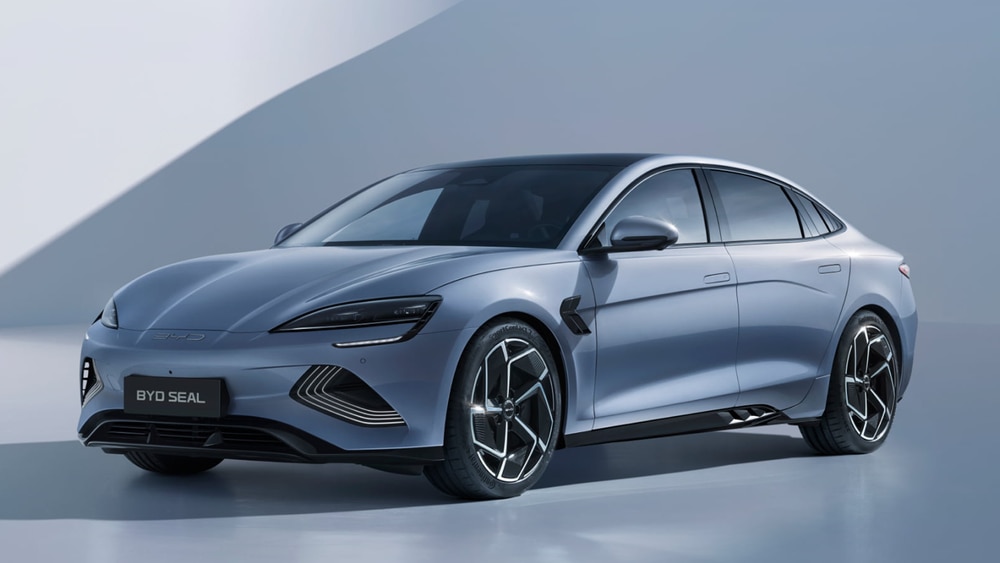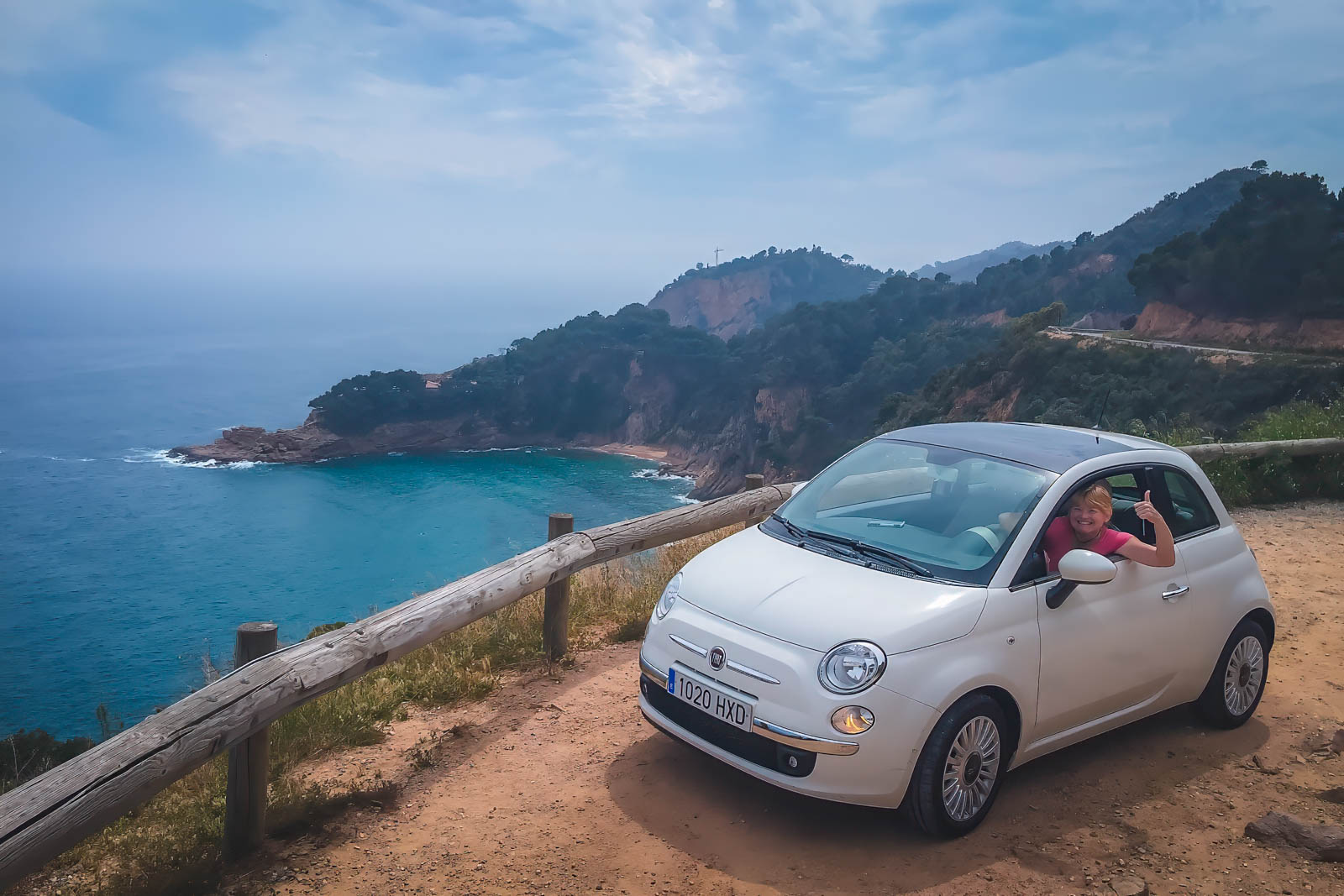EU Implements Tariffs on Chinese Electric Vehicles
The European Union announced on Wednesday tariffs of up to 38.1 percent on electric cars built in China. This decision follows an investigation into unfair practices and subsidies from the Chinese government designed to support domestic automakers, which the E.U. labels as “a threat of economic injury to E.U. battery electric vehicle producers.” These new tariffs will supplement the existing 10 percent duty currently imposed on vehicles imported into the bloc. Interestingly, last month, the U.S. announced a similar measure, escalating tariffs from 25 percent to 100 percent on Chinese EVs.
The tariffs in Europe are set to come into effect on July 4, with various automakers facing different rates. For instance, BYD, the world’s largest producer of electric and plug-in hybrid vehicles, would be taxed at 17.4 percent; Geely, which owns brands like Volvo and Polestar, will face a 20 percent tariff; while SAIC, owner of MG, will see a 38.1 percent tax. The E.U. has indicated that other EV producers in China, such as NIO, which cooperated during the investigation, will be subjected to a 21 percent tariff. In contrast, those who did not cooperate could see their tariffs rise to 38.1 percent. Tesla, which manufactures electric cars at its Gigafactory in Shanghai and exports them to Europe, has requested a separate rate, although details are yet to be disclosed.
It’s noteworthy that the tariffs introduced by the U.S. differ substantially from those in the E.U. This disparity mainly stems from the lower exposure of the American market to Chinese EVs compared to Europe. Brands such as BYD, Geely, and SAIC have been established sellers in the European market for many years, and companies like BYD and Chery are actively setting up factories in Hungary and Spain to cater to European consumers. Conversely, Chinese manufacturers have yet to announce plans to open factories in the U.S., but they are significantly involved in Mexico with plans to build manufacturing facilities there.
Another crucial point of differentiation is the heavy reliance of European automakers on the Chinese market. Prominent manufacturers like BMW, Mercedes-Benz, and Volkswagen could face severe consequences if the Chinese government reacts to these tariffs with countermeasures, potentially affecting their sales in the world’s largest car market. As of the first quarter of this year, German automakers held around a 30 percent market share in China.
According to Oliver Zipse, BMW’s Global CEO, “This decision for additional import duties is the wrong way to go. The E.U. Commission is thus harming European companies and European interests.” Volkswagen expressed its concerns through a statement to Reuters, asserting that “countervailing duties are generally not suitable for strengthening the competitiveness of the European automotive industry in the long term—we reject them.” Furthermore, Ola Kallenius, CEO of Mercedes-Benz, remarked that “as an exporting nation, what we don’t need are increasing barriers to trade. We should work on dismantling trade barriers in the spirit of the World Trade Organization.”
Ultimately, while these tariffs are likely to impact European consumers, they could also hinder the Union’s objectives of banning internal combustion engine vehicles by 2035. Given that Chinese EVs currently offer competitive pricing and reasonable range, a lack of supply from local companies could adversely affect the bloc’s aim to lower carbon emissions without better alternatives readily available on the market.




